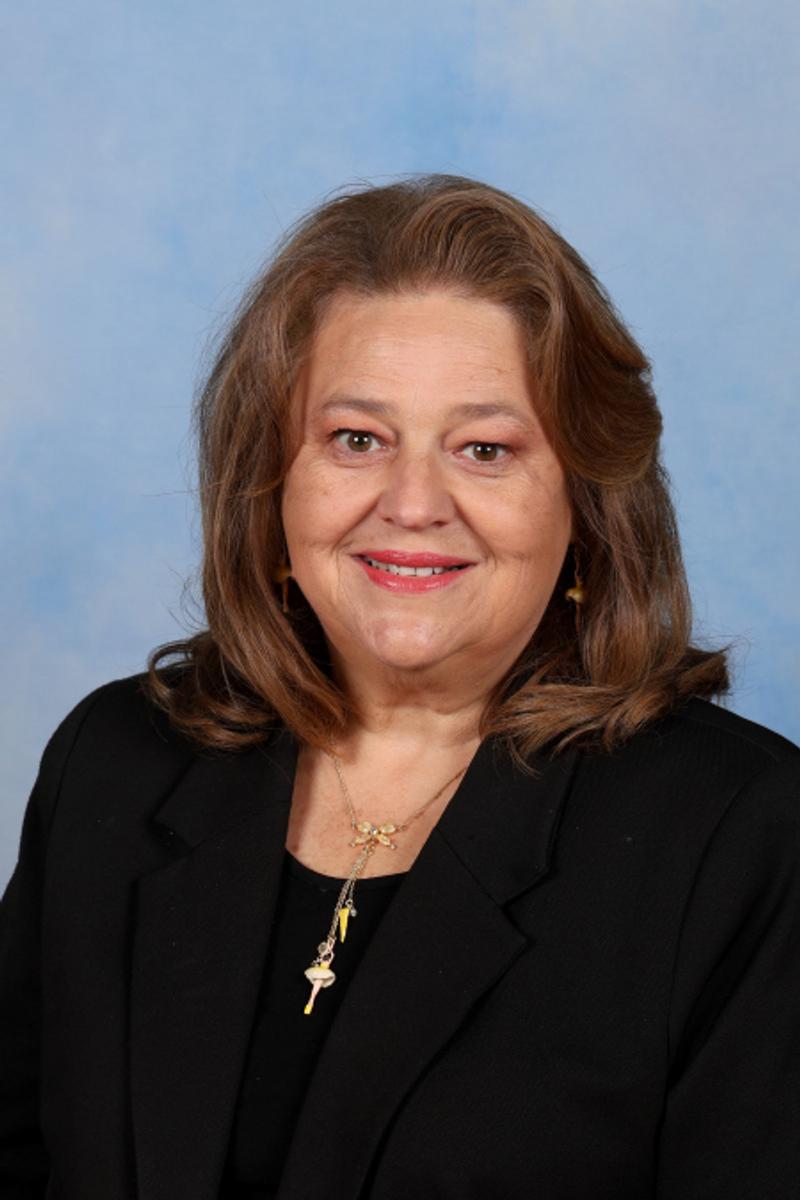From the Head of Academic Culture's Desk

Preparing for the Social Media Laws for People under 16
From 10 December 2025, Australia’s new Online Safety Amendment (Social Media Minimum Age) Act 2024 will take effect, marking a major change in how young people can access social media.
The legislation sets a minimum age of sixteen for creating or maintaining accounts on major social media platforms, including Facebook, Instagram, TikTok, X (Twitter), and now YouTube.
This national policy aims to reduce exposure to online harm by ensuring that platforms, not families or schools, carry the legal responsibility to protect young users.
The Australian Government’s decision follows years of concern about the impact of social media on children’s mental health, privacy, and learning. Designers create social platforms to capture attention and maximise engagement - often through algorithms that recommend increasingly extreme or sensational content.
By setting an age minimum, the law seeks to delay young people’s exposure to these environments until they have greater maturity, resilience, and digital literacy.
The change has been described by education departments as a “social media delay” rather than a ban. Students and families won’t face penalties; instead, the obligation sits with the platforms to verify users’ ages and block under-16 accounts.
YouTube
Initially, there was speculation that YouTube would be exempt because of its educational value. However, the platform is now included under the new rules. Students use Youtube at Christway College in several ways and so this will require us to review and revise our policies around student online access. At school students can access YouTube on their school devices, but through a filtered version designed for educational/child use. Our system enforces YouTube’s Safe Search settings, which automatically restricts any content that YouTube deems inappropriate for children. The school will continue to limit student access using this filter.
Some secondary students have personal Youtube accounts and use these to upload and share the content they create. From December 2025, students under sixteen will no longer be able to log in, upload, comment, or subscribe using a personal Youtube account. They will still be able to view content on Youtube. Students will not be able to interact socially or save playlists.
As Sarah Darcy, Assistant Director of Online Safety Education at ACT Education put it:
“YouTube is immensely useful, but it wasn’t built for schools. It was built to maximise clicks and attention. Our job now is to help schools create safe, compliant pathways to its content.”
This succinctly expresses the challenge that all schools, including Christway College, face: maintaining access to valuable learning resources while ensuring compliance and student safety.
What This Means for Christway College
For Teachers
- Avoid requiring students to log in to social platforms to view class materials.
- Embed videos or resources into Schoolbox, where they can be accessed safely without personal accounts.
- Encourage critical thinking about digital media - how algorithms shape what we see and how we respond.
Increasing our use of age-limit-controlled providers of digital content such as Clickview. We already subscribe to Clickview. Teachers will be encouraged to access these materials as first go to option.
For IT and Leadership Teams
- Audit current student accounts to identify those under sixteen linked to restricted platforms.
- Make any further adjustments to filters, firewalls, and device settings to align with the new requirements.
Provide teachers with guidance on sourcing compliant digital content.
For Students and Families
- Understand that the change is designed to protect - not punish - young people.
- Students under sixteen will lose access to social media accounts but can still view educational content through school-approved platforms.
- Parents can support this transition by encouraging balanced technology habits and open discussion about online wellbeing.
At Christway College, we see this as an opportunity to reinforce and continue to exercise our digital wellbeing values and our commitment to purposeful learning. This law invites us to re-evaluate how technology supports education - placing student safety, focus, and formation of Christian character at the centre of our approach.
Teachers will continue to use multimedia and video resources through secure, ad-free, and compliant pathways that protect our learners from harmful online influences.
What Comes Next
Between now and December 2025, Christway College will:
- Provide staff briefings on the new legislation and its classroom implications.
- Review digital learning policies to ensure alignment with federal regulations.
- Update our student wellbeing policy to reflect the changing online environment.
- Edit our Responsible Use of Technology Student Contract.
In Summary
Australia’s new age-based social media laws mark a significant cultural shift. For Christway College, this is not merely a compliance issue but an extension of our educational mission - to nurture wise, discerning, and compassionate digital citizens.
Christway College will ensure that our students continue to learn with creativity and curiosity - within safe and responsible digital boundaries.
Angela Landy
Head of Academic Culture

